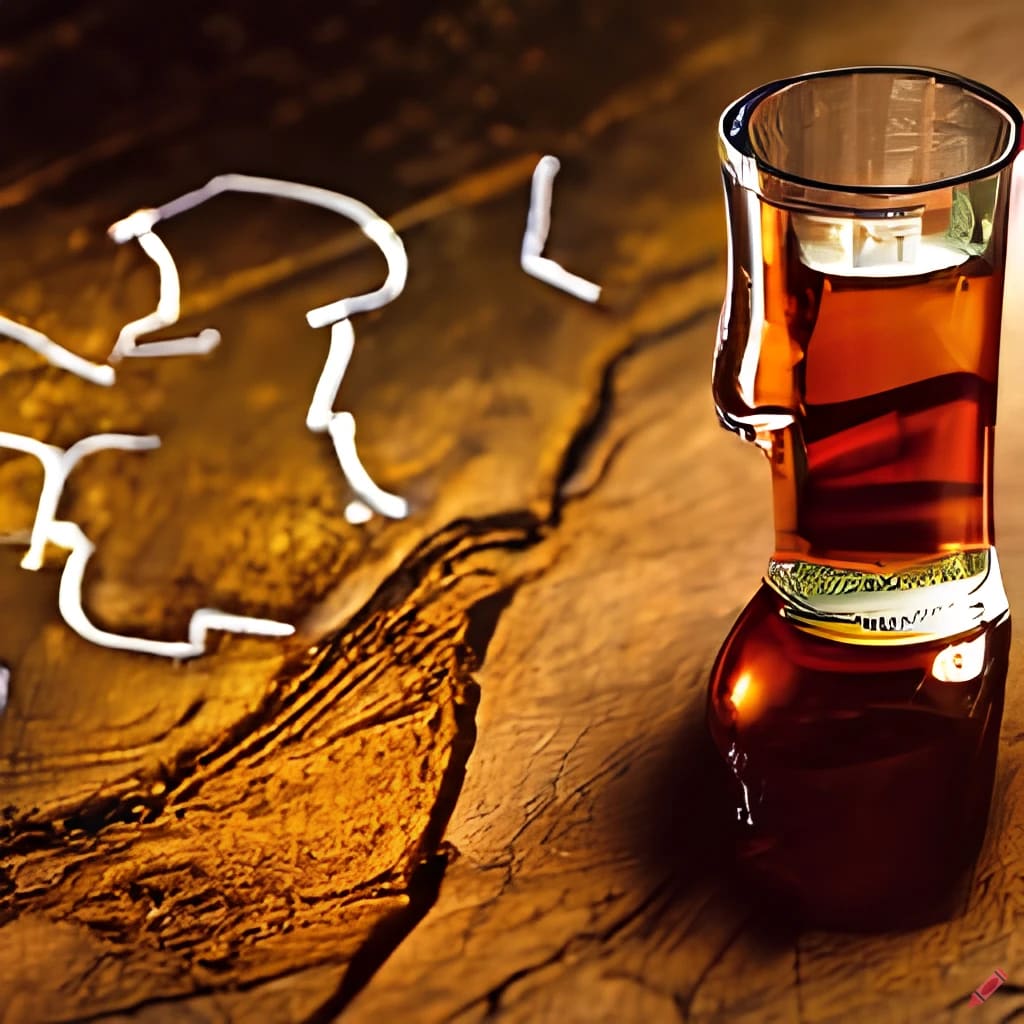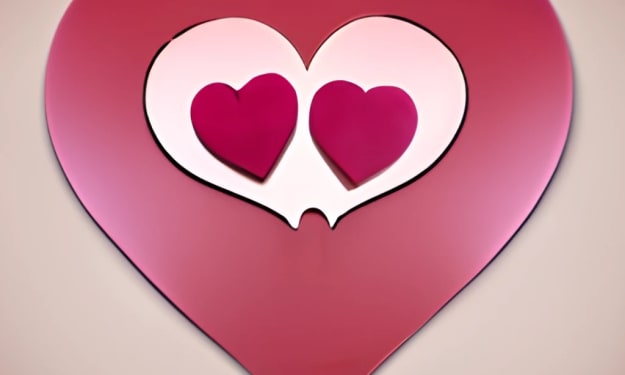The Alcohol Conspiracy Theory: Were Prohibition Laws Created to Control the Masses and Protect the Elite?
Uncovering the Hidden Motivations Behind Prohibition: A Deep Dive into the Alcohol Conspiracy Theory

The alcohol conspiracy theory suggests that the prohibition of alcohol in the United States in the 1920s was not entirely due to concerns about alcoholism and societal ills, but rather a deliberate attempt by the government and certain powerful groups to control the masses and protect their own interests. According to this theory, alcohol prohibition was part of a larger conspiracy to suppress individual freedom, limit competition, and maintain the status quo.
The theory has its roots in the history of prohibition. The Temperance Movement, which had been advocating for the abolition of alcohol since the early 19th century, gained significant political influence in the early 20th century. In 1917, Congress passed the 18th Amendment to the Constitution, which prohibited the manufacture, sale, and transportation of alcohol in the United States. The amendment was ratified by the states in 1919, and prohibition became the law of the land in 1920.
While the stated purpose of prohibition was to reduce alcohol consumption and its associated social problems, many believe that there were other motivations at play. One of the most commonly cited motivations is the desire of certain groups to control the masses. Prohibition was seen by some as a way to keep the working classes in line and prevent them from challenging the status quo. By prohibiting alcohol, the government and the wealthy elite could keep the masses docile and compliant.
Another motive often cited is economic protectionism. Prohibition was seen by some as a way to limit competition and protect the profits of certain industries. The alcohol industry was a significant source of revenue for many farmers, distillers, and brewers. However, the ban on alcohol production and sales effectively eliminated this revenue stream, benefiting other industries such as textiles and pharmaceuticals. Some argue that these industries lobbied for prohibition to eliminate their competition and increase their profits.
There is also a racial component to the alcohol conspiracy theory. Prohibition was seen by some as a way to suppress ethnic and immigrant groups, who were perceived as heavy drinkers and a threat to the social order. Some argue that prohibition was a tool of white supremacists who wanted to maintain their power and control over non-white groups. The Ku Klux Klan, which was influential in many parts of the country during the early 20th century, was a strong supporter of prohibition.
The alcohol conspiracy theory is supported by a number of historical events and factors. For example, some argue that the government's enforcement of prohibition was weak and inconsistent, suggesting that the government was not fully committed to the policy. Others point to the fact that prohibition was eventually repealed in 1933, suggesting that it was not an effective or sustainable policy.
Critics of the alcohol conspiracy theory argue that it is a simplistic and reductionist view of history. They argue that prohibition was a response to genuine concerns about alcoholism and its impact on society and that it was not part of a grand conspiracy. Furthermore, they argue that the conspiracy theory overlooks the many positive aspects of prohibition, such as the reduction in alcohol-related deaths and injuries.
Despite the criticisms, the alcohol conspiracy theory remains popular among some segments of the population. Proponents argue that the government and powerful interests continue to use similar tactics to control the masses and protect their interests. For example, some argue that the war on drugs is a continuation of the conspiracy to limit individual freedom and suppress certain groups.
One of the key arguments made by proponents of the alcohol conspiracy theory is that prohibition was an ineffective policy. While the stated goal of prohibition was to reduce alcohol consumption and related social problems, such as domestic violence, poverty, and health issues, it actually had the opposite effect. The ban on alcohol production and sales led to the creation of a black market for alcohol, which was often controlled by organized crime syndicates. This, in turn, led to an increase in violence and corruption, as well as a decrease in public safety. Supporters of the conspiracy theory argue that this was intentional, as it allowed the government and powerful interests to maintain control over the population and suppress dissent.
Another argument made by conspiracy theorists is that prohibition was an attack on individual freedom. By outlawing alcohol, the government was infringing on the rights of citizens to make their own choices about what they put into their bodies. This argument is often coupled with claims that the government is still using similar tactics to restrict individual freedom, such as through mass surveillance and censorship.
Proponents of the alcohol conspiracy theory also point to the fact that prohibition disproportionately affected certain groups, such as the working class and immigrants. The wealthy elite was often able to obtain alcohol through illicit means or by producing it themselves, while the poor and marginalized were left to suffer the consequences of the ban. This, in turn, led to resentment and a sense of injustice among these groups, which fueled further social unrest.
Another aspect of the alcohol conspiracy theory is the role of propaganda in promoting prohibition. The government and Temperance Movement used a variety of tactics to demonize alcohol and its consumers, portraying them as immoral, degenerate, and a threat to society. This rhetoric was often racist and xenophobic, targeting immigrant groups and people of color. Proponents of the conspiracy theory argue that this propaganda was a deliberate attempt to manipulate public opinion and create a climate of fear and mistrust.
Finally, supporters of the alcohol conspiracy theory point to the fact that prohibition was eventually repealed, suggesting that it was not a sustainable policy. While the exact reasons for repeal are still debated, it is clear that public opinion had shifted against prohibition by the 1930s. Critics of the conspiracy theory argue that this was simply a result of the policy's failure to achieve its stated goals, rather than evidence of a deliberate plot.
In conclusion, the alcohol conspiracy theory posits that prohibition was not solely motivated by concerns about alcoholism and societal ills, but rather a deliberate attempt by the government and certain powerful groups to control the masses and protect their own interests. While this theory is contested, it remains a popular explanation for the origins and outcomes of prohibition.
About the Creator
Nachiketa Shiva
Passionate writer exploring various topics. Lover of literature, travel, and all things creative. Join me on a journey through words and ideas. ✍️🌎🎨 #writing #creativity #travel






Comments
There are no comments for this story
Be the first to respond and start the conversation.